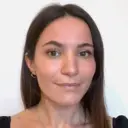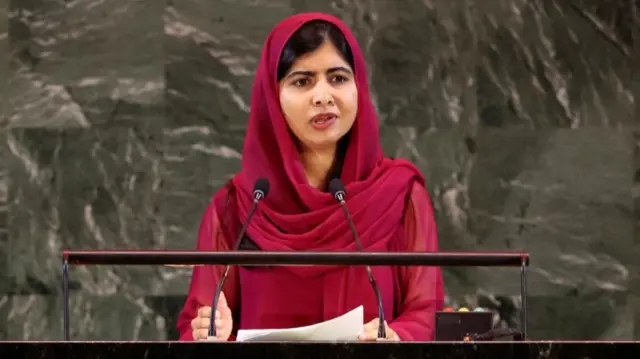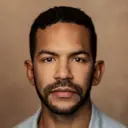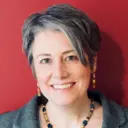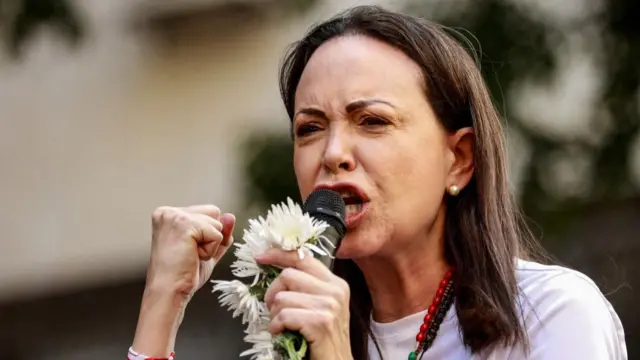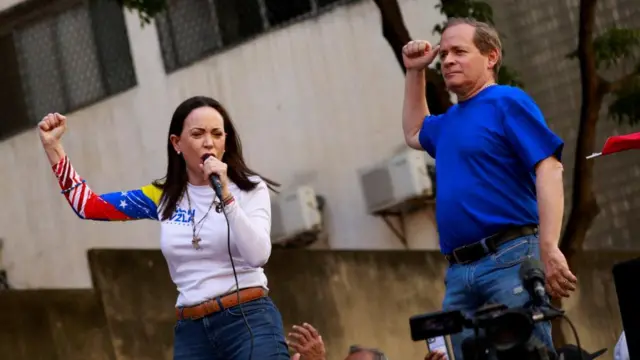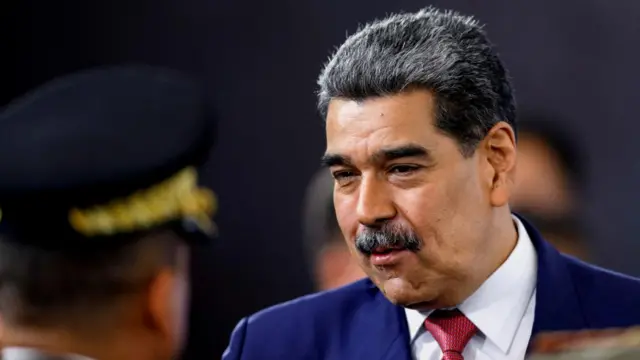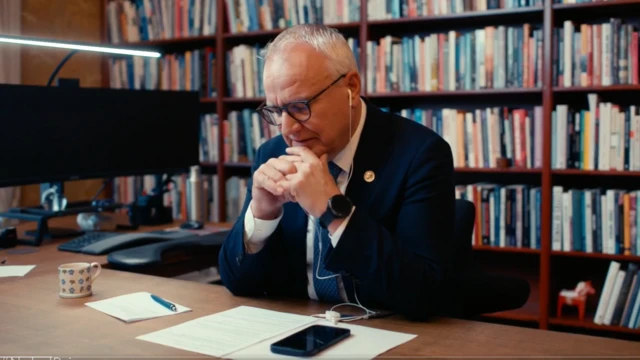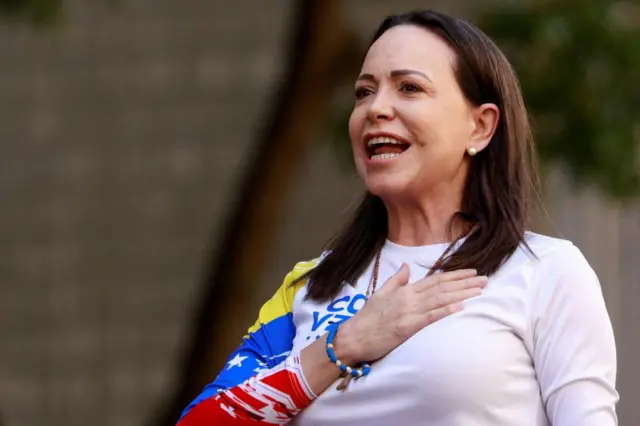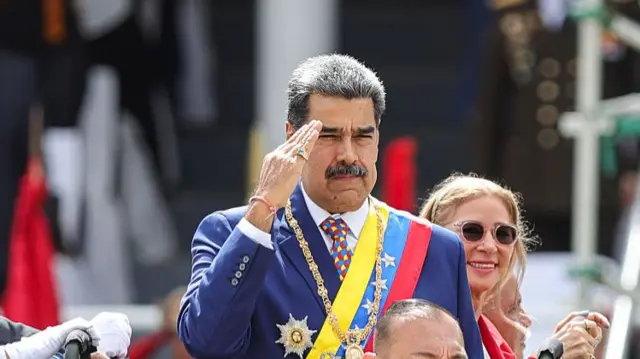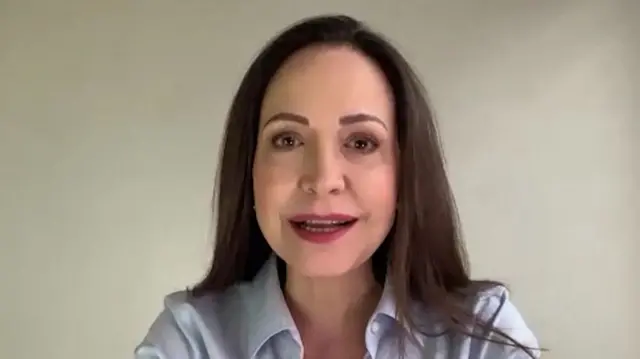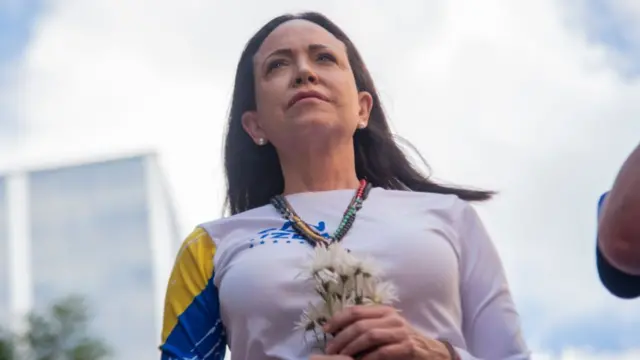'A woman who keeps the flames of democracy going'published at 13:26 BST 10 October
Seher Asaf
Live reporter
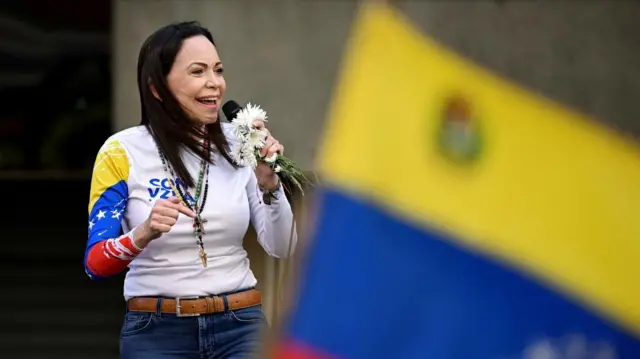 Image source, Reuters
Image source, ReutersVenezuelan opposition leader María Corina Machado has won this year's Nobel Peace Prize for her "tireless work promoting democratic rights".
The committee described the 58-year-old activist as a "woman who keeps the flame of democracy going, amidst a growing darkness" and commended her for her efforts to "achieve a just and peaceful transition from dictatorship to democracy".
"I'm in shock," Machado, who has been in hiding since August 2024, said in first public remarks since the announcement.
Machado was barred from running in last year's presidential elections won by President Nicolás Maduro. The polls were widely dismissed internationally as neither free nor fair.
Despite the ban, she managed to attract huge crowds in Caracas to rally for their chosen candidate – Edmundo González, writes BBC's South American correspondent Ione Wells.
Machado has refused to leave the country even though the Maduro government has threatened her with arrest.
The lead-up to this year's announcement was dominated by Donald Trump's very public campaign to win the prize, which was supported by some world leaders.
Asked about the pressure from the US president, committee chairman Jørgen Watne Frydnes said: "We base our decision only on the work and the will of Alfred Nobel."
We are now ending our live coverage, but you can read more about Machado in our main article. Thanks for following along.

